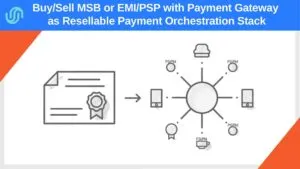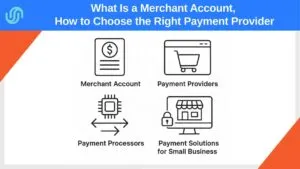Buy/Sell MSB or EMI/PSP with Payment Gateway as Resellable Payment Orchestration Stack
A high-risk payment gateway can turn an MSB or licensed EMI/PSP transaction from a “license-only handover” into a scalable, resellable payments business. Buyers don’t just want a legal wrapper—they want a working operating engine: routing, cascading, reporting, logs, and a clear onboarding workflow that can survive audits and partner due diligence. This matters across three groups: (1) MSB/EMI sellers and resellers who want higher liquidity and valuation, (2) agents and ISOs moving beyond commission-only models into payment orchestration or Merchant of Record, and (3) enterprise iGaming operators managing many PSPs/APMs across multiple geographies. In short: the gateway is the product layer you can monetize, improve, and eventually sell as a complete business.
Buy/Sell MSB or EMI/PSP with Payment Gateway as Resellable Payment Orchestration Stack Read More »


